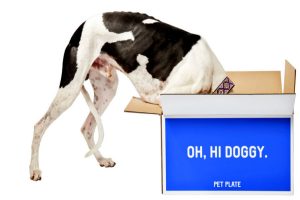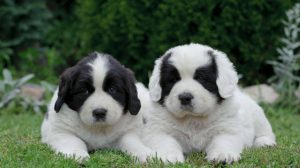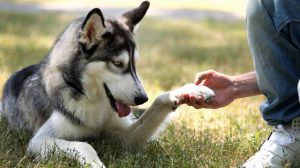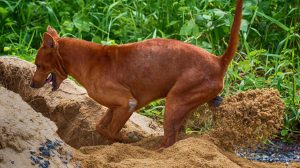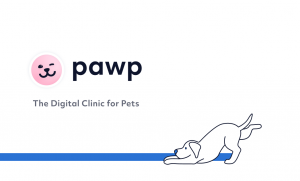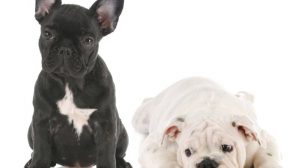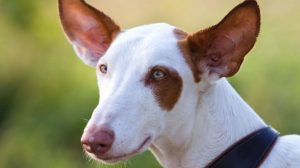The Siberian Husky is a highly active and robust dog. He needs a lot of exercise and uses up a lot of energy in doing so; you should keep this in mind when it comes to the health and nutrition of your four-legged friend. Read here what else you can do to make your husky happy.

Wind and weather don’t bother the husky. Its dense fur protects it excellently from the cold in winter and the summer after it has changed its coat; even higher temperatures do not bother it any more than other dog breeds. To keep it that way, it’s a good idea to follow the diet and health tips below for these special dogs.
Peculiarities in the diet of the husky
Essentially, what is generally essential for species-appropriate dog nutrition applies to the nutrition of the husky. Give him ready-made food, make sure that the packaging says “complete food” and that the protein and meat content is as high as possible. Sugar and other extra ingredients, on the other hand, have no place in your four-legged friend’s bowl. You can also barf your husky if you’re thinking of feeding him nutrients he can’t get from pure muscle meat. If you give your dog high-quality dry food, it must always have a full water bowl nearby so that it does not become dehydrated.
In addition, huskies typically need more calories and nutrients than other, less exercise-friendly or smaller dog breeds. If you opt for ready-made food, varieties for active dogs are ideal. Barf your husky if he gets more significant portions than his peers. Some huskies tend to eat anything they can find. It is best always to keep an eye on these four-legged friends to get nothing unhealthy or poisonous into their stomachs. If your dog is proving to be picky about food, try adding variety to the menu.
The health of the dog breed: are there specific diseases?
Luckily, Siberian huskies are one of the relatively healthy, hardy dog breeds. There are only a few specific hereditary diseases, and reputable dog breeders ensure they stay that way. However, hip dysplasia (HD) can occasionally be seen in the husky, to which many large dogs are prone. You can reduce the risk of hip problems by not giving your growing husky puppy high-calorie, nutritious food but adapting his diet to his age. Otherwise, it grows too fast, and the joints remain unstable. In addition, you should not physically overexert your growing young dog. Ideally, he rarely has to climb stairs, and intensive dog sport is only advisable when he is fully grown.
Furthermore, huskies are prone to congenital zinc deficiency, which means that the nutrient absorption from the feed via the intestine is disturbed. Symptoms of zinc deficiency include itching and reddened skin, frequent infections and fungal infestations on the ears and bridge of the nose, and thick hair regardless of the change of coat. If this hereditary disease is only mildly pronounced, dietary supplements with zinc are sufficient to compensate. If that doesn’t help, talk to your vet about it, so your dog gets regular IV zinc supplements.
How to keep your husky healthy: tips
Exercise, activity and the right food will keep your husky healthy for a long time. The breed is brilliant and is particularly fond of sled dog and draft dog sports, having been bred for this purpose. Cycling also tends to work well with this breed, as seen in the video below:
A harness and long leash are ideal when walking huskies, as their energy often makes them want to go faster than their owner and then pull on the leash. If they then wear a collar and are held on a short leash, this puts pressure on the larynx, leading to inflammation or injury.
Huskies are amiable dogs, so a good bond with you as the owner is essential for their mental well-being. However, that alone is not enough because the four-legged friends need their conspecifics to play. Other similarly active dogs are possible, but they usually get along best with other huskies.

